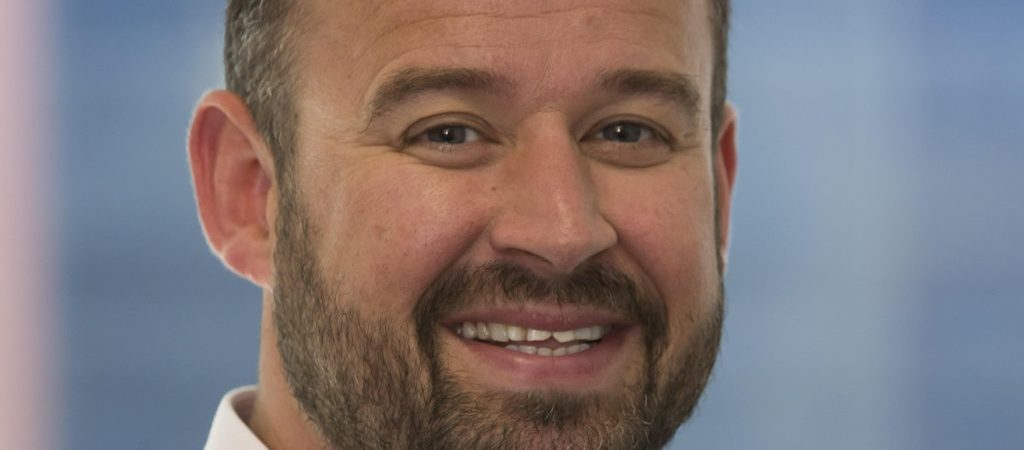
In conversation with Colin Bell, Business Growth Director at the North East LEP
For the North East to make a step change we need more businesses to scale-up. We need an entrepreneurial conveyor belt of people starting businesses; people who grow the businesses they started into micro businesses; micros businesses into small businesses and so on until they become the big businesses of tomorrow – simple!
If only life was that simple, lots of things get in the way. Some people don’t want to grow and they certainly don’t want the complication of employing people – there is absolutely nothing wrong with that. Many however do hold the ambition to scale their business. They think big, have fire in their belly and want to take on the world.
Unfortunately too few realise their ambition and are left feeling frustrated. They work harder and harder but no matter how hard they try they can’t break through the ceiling and move to the next stage of growth.
So why do so many owner/managers struggle to realise the rewards for their hard work? For most the answer lies in the fact that they haven’t made the transition from working ‘in’ their business to working ‘on’ their business. No matter how hard they work, the owner/manager will only ever have limited time and energy and if they don’t let go and empower others to run the business then they are unlikely to achieve their growth ambitions. So how can they make the shift? Let’s look at what’s arguably the world’s most scalable business ever.
Love them or loathe them, McDonalds is arguably the world’s most scalable business. McDonalds serves 75 burgers every second yet in the 1940’s it was a small family restaurant. So what lead to McDonalds having over 34,000 restaurants in 119 countries?
Using lean production techniques, both Dick and Mac McDonald pioneered a highly efficient service system that not only produced food quickly but also delighted customers. The restaurant proved popular yet remained a small family restaurant for some time. So what changed?
In 1954 Ray Kroc – a milkshake salesman – visited the restaurant and was impressed with the system that the McDonalds brothers had created. Recognising the opportunity, he persuaded the brothers to franchise their restaurant concept. Rather than spend his time flipping burgers, Ray spent his time developing, documenting and refining the businesses operation and business model to enable its rapid expansion.
He dedicated his time and energy to working ‘on’ the business rather than ‘in’ the business. Ray Kroc’s decision to work on the business enabled him to develop a scalable business model through:
– Developing a scalable business model (franchising)
– Standardising systems so they can be easily replicated and ensured consistency
– Keep the number of components to a minimum with a simple menu that used common ingredients
– Develop a supply chain capable of scaling as quickly as the business
– Adopted lean production techniques to keep costs down
– Developed a consistent business operating and training system (the Hamburger University – est. 1961)
The reality is that had Ray Kroc decided to roll up his sleeves and get to work in the kitchen then McDonalds may still be a small family run restaurant. It’s therefore not just about hard work but rather dedicating the time and energy to the things that will scale your business – should you have the ambition to do so.
Colin Bell, Business Growth Director, North East LEP.
Think BIG, Think Growth Hub – www.northeastgrowthhub.co.uk
